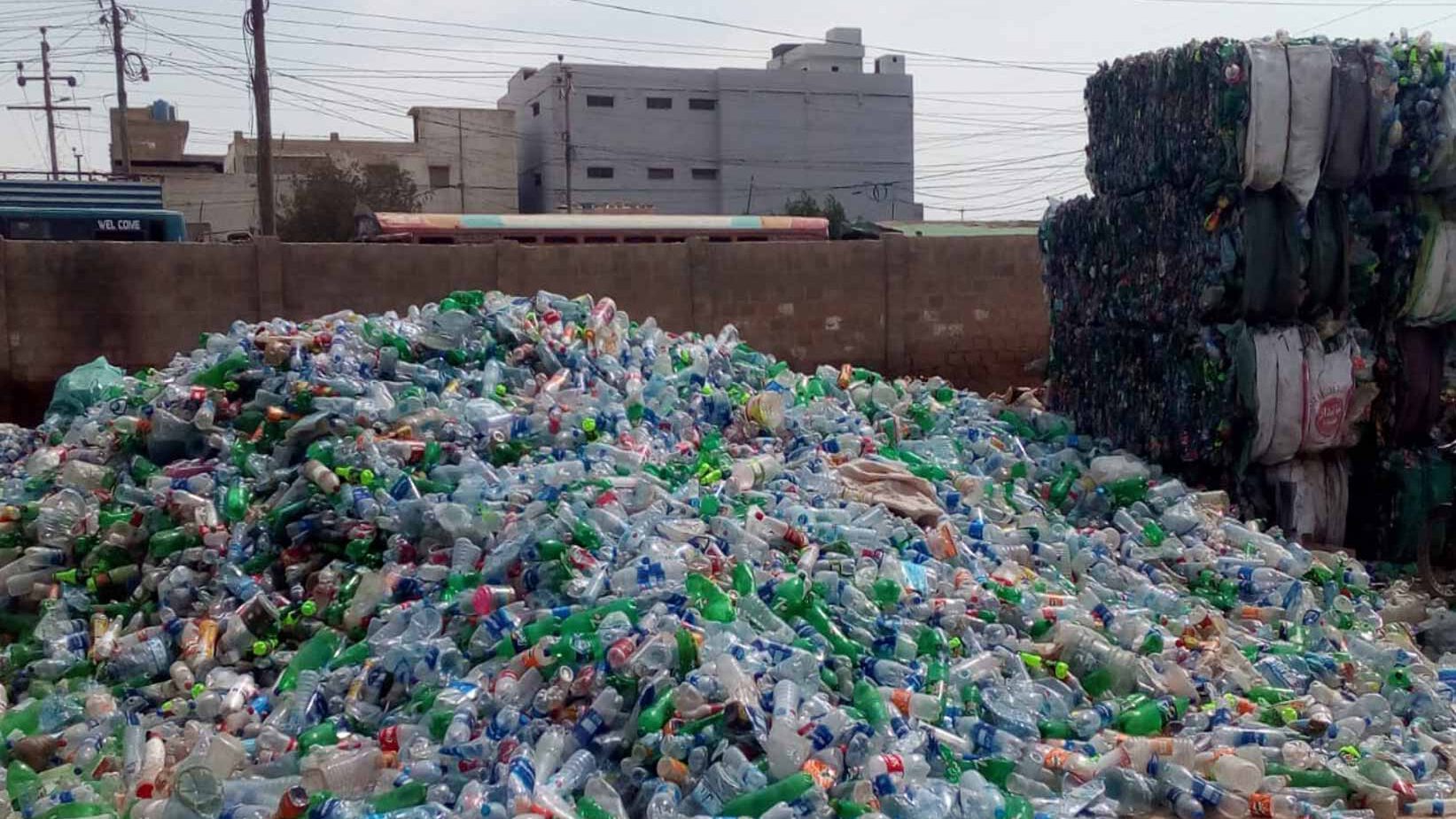Plastic pollution has become one of the most pressing global environmental issues affecting natural ecosystems. In Pakistan, the situation is very dangerous due to lack of public awareness, resources and management capacity. Land and water-based pollution are posing threats to the local communities and biodiversity. The Indus River has been found to be one of the most polluted rivers in the world. To address the situation Pakistan needs reliable statistics to understand how much plastic is produced, recycled and wasted in the country. The broader policies and regulations are available for plastic management but implementation is very weak, this is why actual facts and figures are needed to help put effective implementation in place. UNESCO Islamabad Office initiated this baseline study on plastic waste for Islamabad Capital Territory (ICT) and Ayubia National Park (ANP). The study has been conducted by World Wide Fund for Nature-Pakistan. The study has covered all types of plastic waste in the two areas and has identified opportunities for future actions. The study also provides a framework for further similar studies of other cities in Pakistan.
The study is in line with the identified goal since it addresses the first step preceding the improvement of plastic waste handling in ICT and ANP – a baseline analysis of the quantity, characterization and the contemporary supply chain model of plastic waste. An integrated system of data collection was set in place to acquire the aforementioned; waste samples were assessed from various sites of urban ICT three times a week- twice during weekdays and once over the weekend. From rural ICT and ANP waste samples were assessed twice a week- once over the weekday and once over the weekend. Through the data acquired over the course of the study, it was ascertained that all major areas of ANP and ICT received a considerable amount of plastic waste, constituting the major plastic types. However, LDPE was the most commonly found plastic waste type in the waste streams of both ICT and ANP while PVC and Polystyrene were relatively less common. On the other hand, the informal waste sector, comprising of informal waste pickers, MCI workers and junk dealers mostly deal in PET and HDPE based post-consumer waste since they have a higher post-recycling value and are generally more profitable. Recyclers who attested to recycling PET and HDPE in large numbers again verified this information. Apart from indicating the demand and supply chain cycle of post-consumer plastic waste prevalent throughout ICT and ANP, this finding also identified waste picking practices taking place in both regions. Overall, it was found that 14.26% of waste generated in ICT and 48.56% of waste generated in ANP comprised of plastics. Based on the literature review and findings of the report post-consumer PET and HDPE were found to be the most prevalent plastic waste types in the recycling sector and are, hence, the most feasible options for any prospective recycling solution. It is imperative to address the current challenges and gaps that exist in the plastic waste supply chain in order to effectively streamline the process of plastic waste recovery and recycling; this includes the formal and informal waste sector as well as society at large.
Photo Credits: Muhammad Hamza Abbas/WWF-Pakistan


